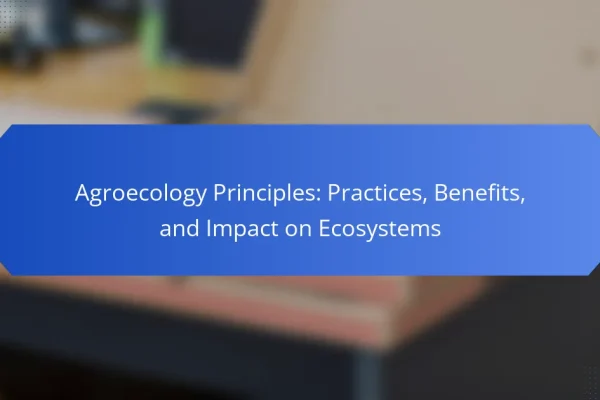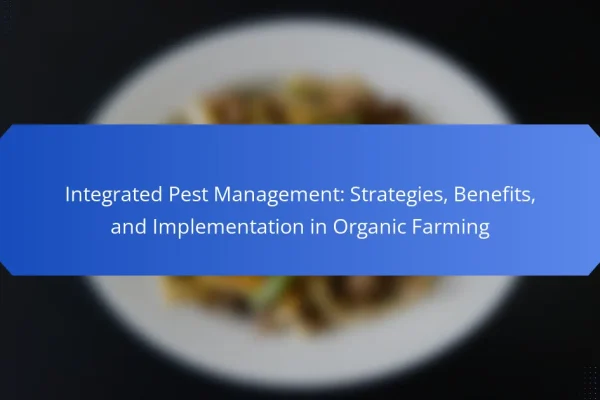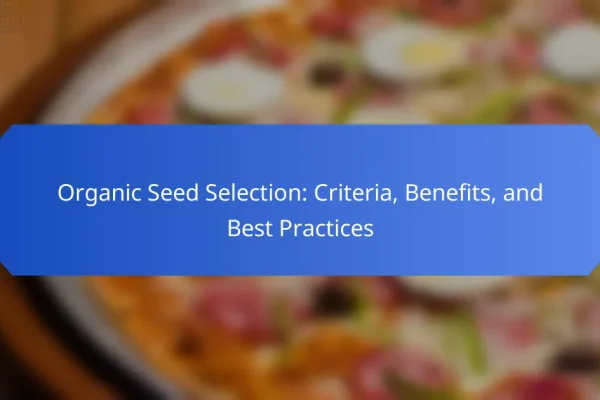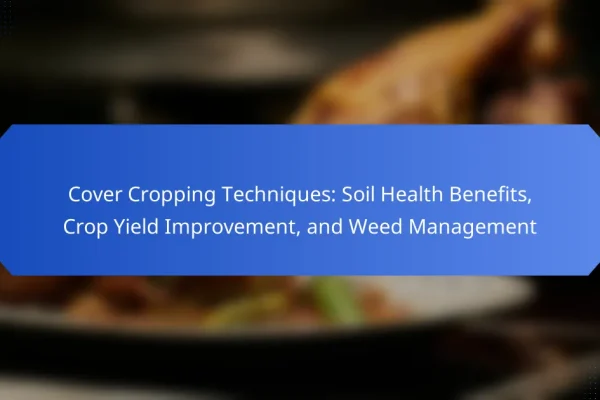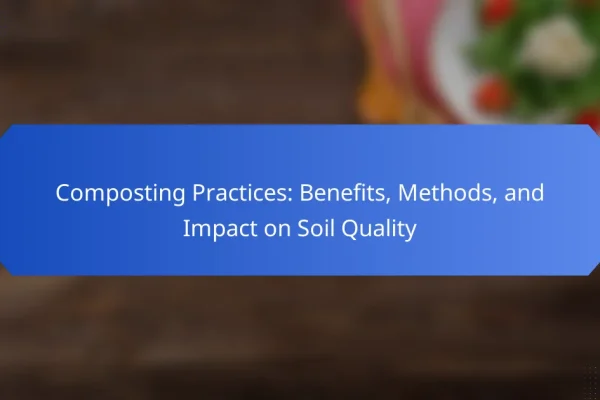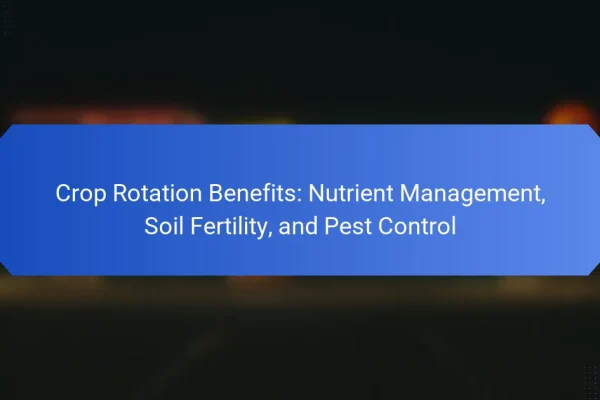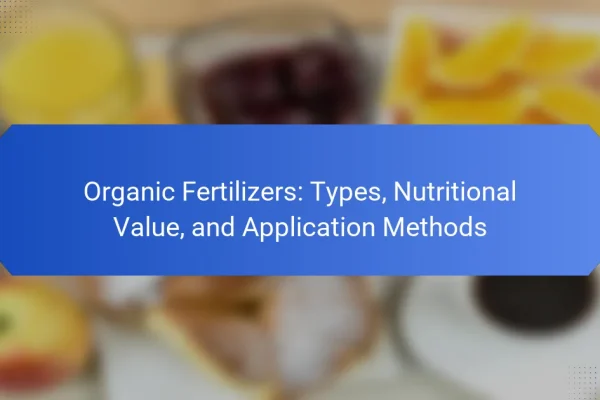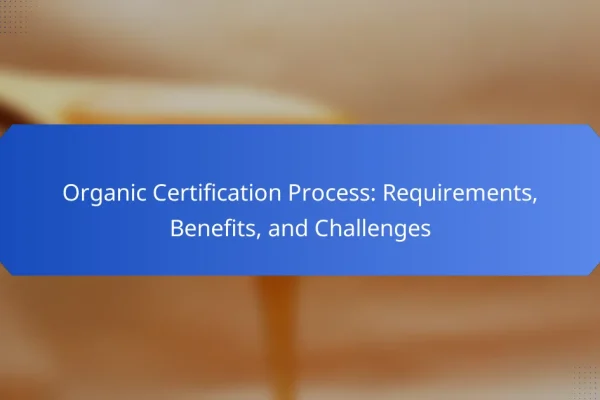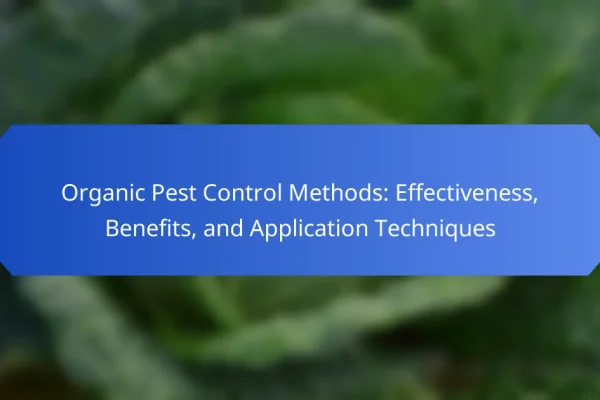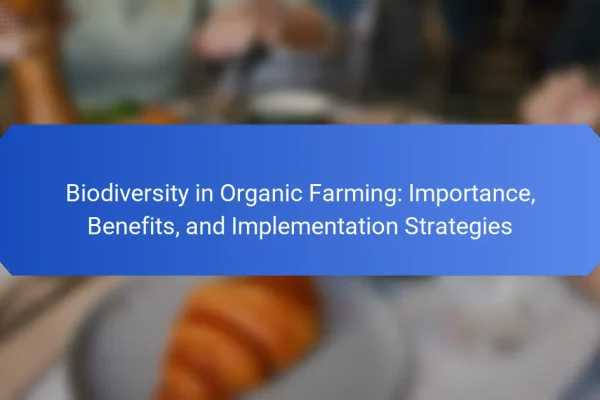
Biodiversity in Organic Farming: Importance, Benefits, and Implementation Strategies
Biodiversity in organic farming refers to the variety of life forms, including plants, animals, and microorganisms, within agricultural ecosystems. This article explores the importance and benefits of biodiversity in organic farming, highlighting how practices such as crop rotation, cover crops, agroforestry, and the establishment of buffer zones can enhance ecosystem health and resilience. It discusses…
